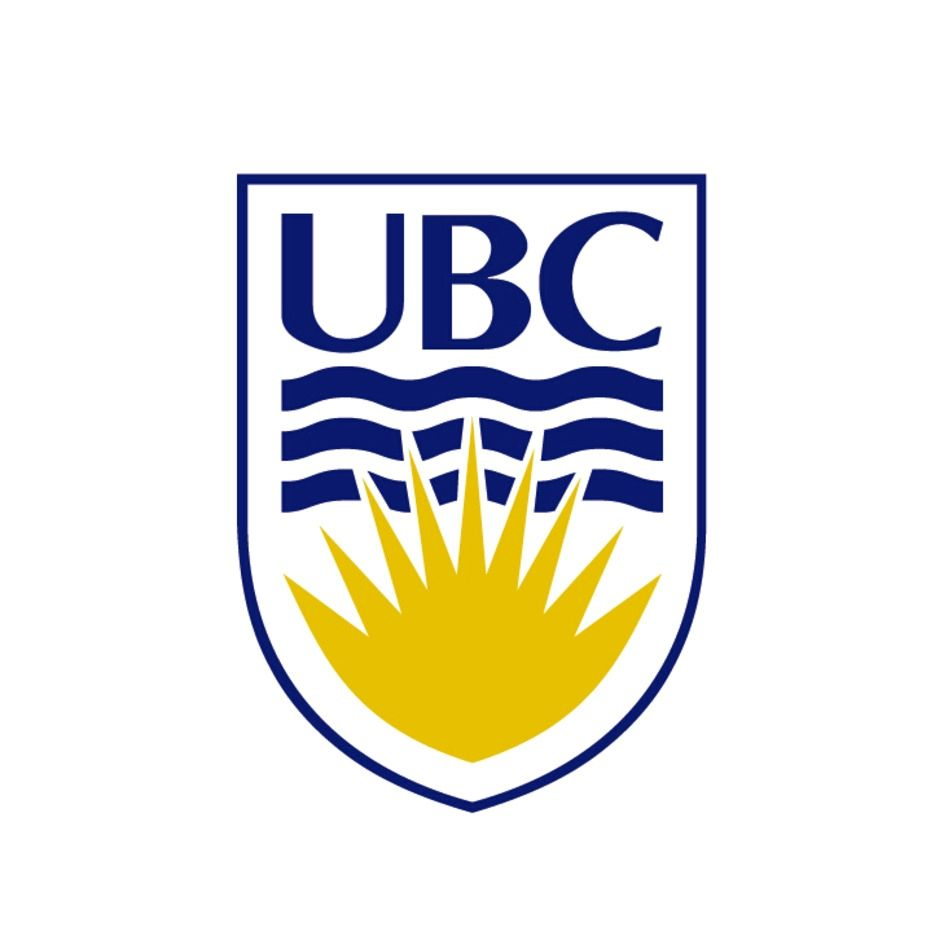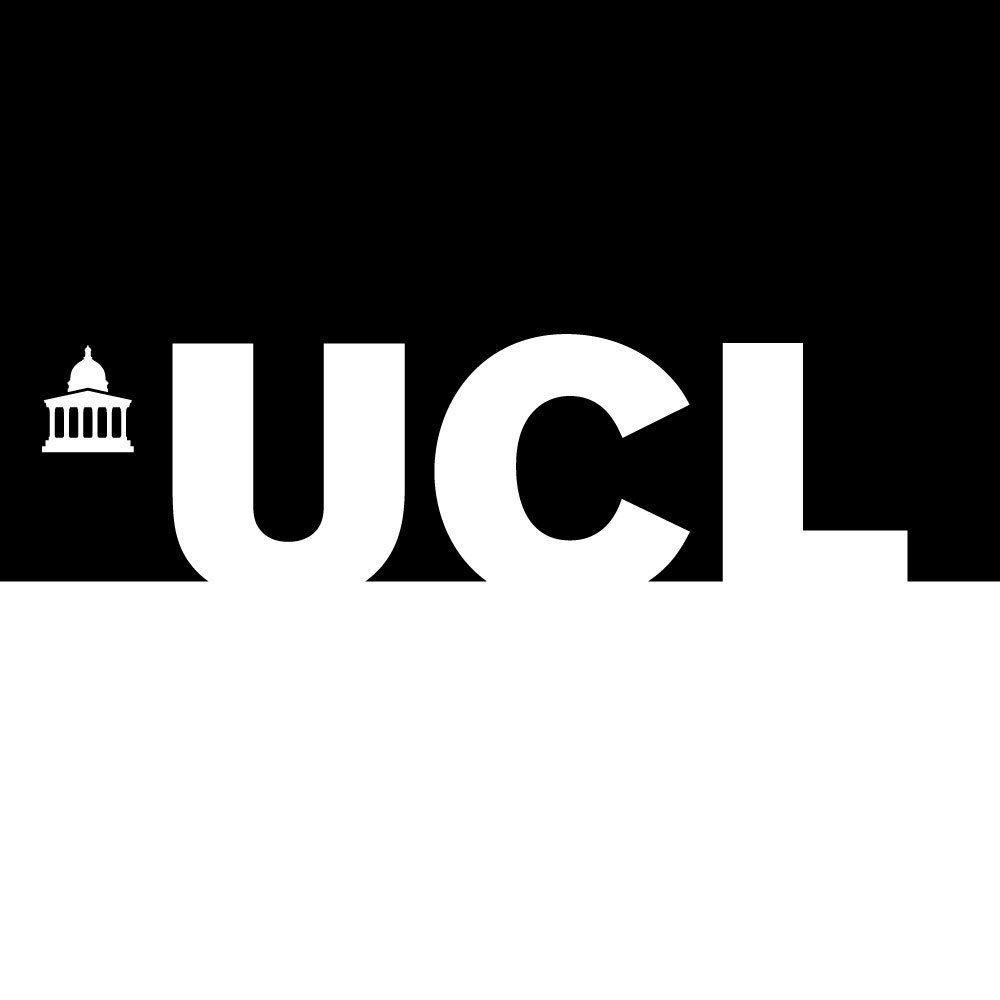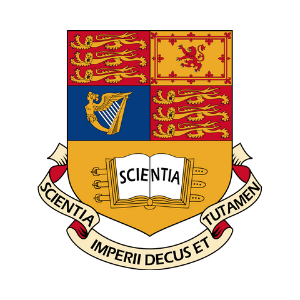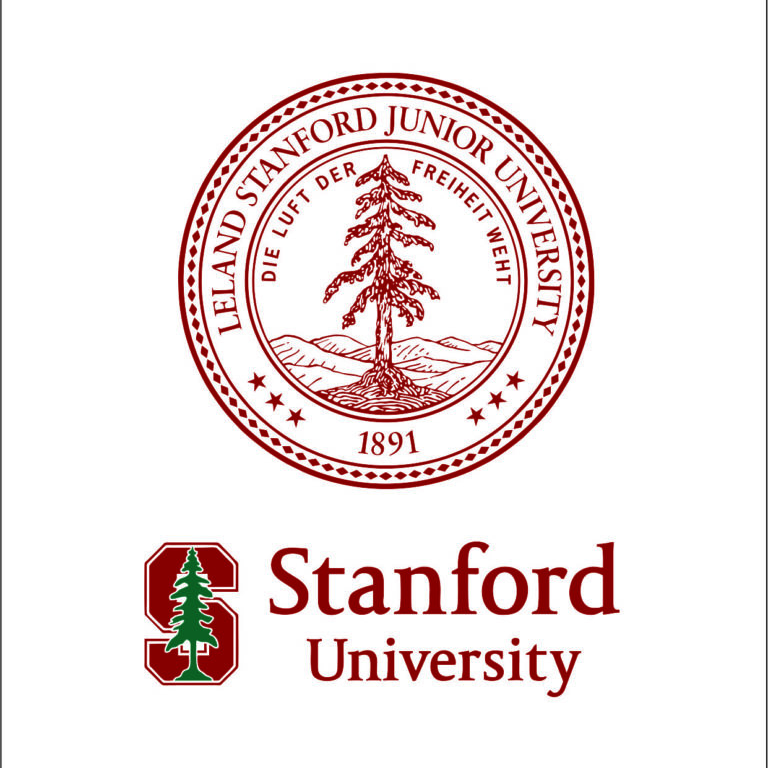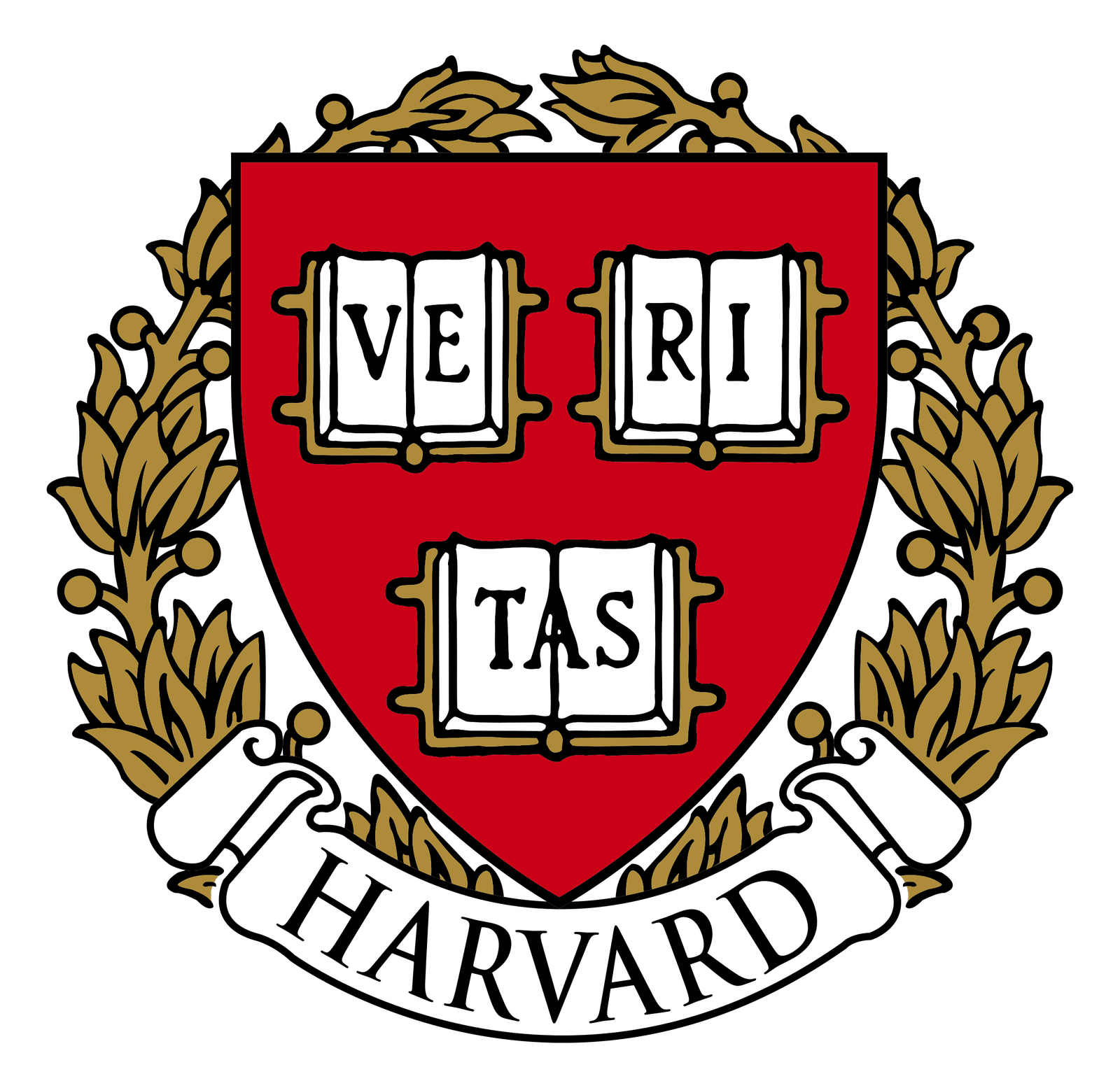

Since the turn of the decade there has been increasing interest in happiness and well-being. For post and undergraduate.
What is the greater meaning in life? The answer to this question is unique to every individual. (Only For 9th & 10th Class).

Counselcatalyst, has an experience of 16 long years in the education industry as a mentor, counsellor and admission advisor for India and overseas college and university admissions for both undergraduate and postgraduate students. Has worked at Indian Institute of Chartered Accountants of India – Kolkata (Counsellor), XLRI Jamshedpur (International Exchange Programme Officer) and The Shri Ram School – Gurugram (Career Counsellor).
Subject Choice and an important decision for Class 11 and 12 .
When you plan to sail in a deep sea you need a very strong boat or ship to carry you, similarly when you are making a choice of streams or subjects for Class 11 and 12 you need to have a firm set of mind in combination with your interest, determination and a hardworking attitude only then you will enjoy your ride through the heavy loads of subjects that you will study in Class 11 and 12. Always choose subjects that makes correct combinations , as because random subjects allowed to choose at school will result in difficulty for admission process at various undergraduate programs. To know more about subjects and correct combinations to pursue the right career, you may take an appointment through the below mentioned website.
Subject Choice is decision which you need to make right from Class 9 .
MD, Counselcatalyst
Our Youtube Channel


CLICK HERE TO BOOK YOUR 1-ON-1 SESSION WITH EXPERTS

Then feel free to Contact With Us, We are 24/7 for you

I can counsel you and ensure that you remain proficient in your core subjects..
Explore CounsellorGUIDANCE FOR HIGHER STUDIES OR CONTINUING EDUCATION

Since the turn of the decade there has been increasing interest in happiness..
Support Center
